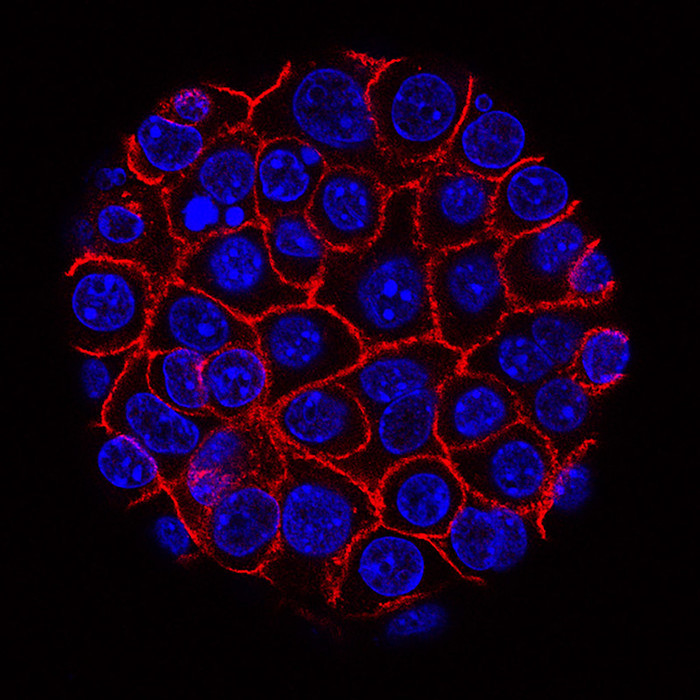Cancer cells wear an 'invisibility cloak' made of sugars to escape the immune system: stripping them of this protection is possible and allows to enhance the effectiveness of Cart-T therapies, based on 'armed' T lymphocytes in the laboratory.
This is demonstrated by a study by San Raffaele in Milan published in Science Translational Medicine.
The work was conducted by Beatrice Greco of the Vita-Salute San Raffaele University and coordinated by Monica Casucci, head of the Innovative Immunotherapy Unit of the Irccs San Raffaele Hospital, thanks to funds obtained from the Ministry of Health and coordinated by Alleanza Contro il Cancro , from the AIRC Foundation for Cancer Research and from the European project Horizon2020 EURE-CART.
The tumor invisibility cloak is produced by the cancer cells themselves through the process of glycosylation, which consists of adding sugar chains to the protein structure. Most cancers alter glycosylation to their advantage by changing the composition of the sugar layer that covers the cancer cells. “The most relevant aspect of the discovery is that the glycosylation of cancer cells hinders the action of Car-T lymphocytes through several mechanisms active at the same time,” explains Beatrice Greco. "This is also great news: it means that reducing the formation of this barrier, by blocking the glycosylation process, can weaken the tumor on multiple levels."
To prevent the tumor from forming the protective shield, the researchers thought of tricking it by feeding it with a synthetic derivative of glucose, called 2DG: used in glycosylation, it allows to obtain much shorter sugar chains that weaken the sugar shield. By administering it together with Car-T therapy in laboratory animals with solid tumors (including carcinomas of the pancreas, bladder and ovary), a net enhancement of the antitumor activity of Car-T was obtained and a better control of the disease in the short and long term. term.
"The fact that 2DG has already been tested in humans showing a good safety profile promises to accelerate the launch of the first clinical trials in combination with Car-T therapies", emphasizes Monica Casucci. "This approach could make a difference especially in solid tumors, in which the efficacy results of Car-T have so far been unsatisfactory ".

